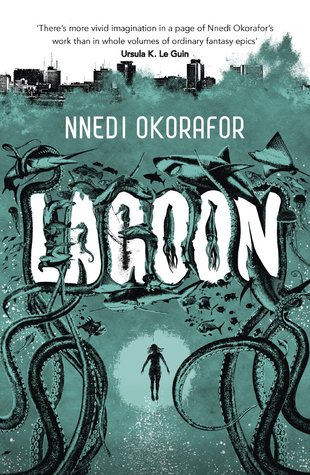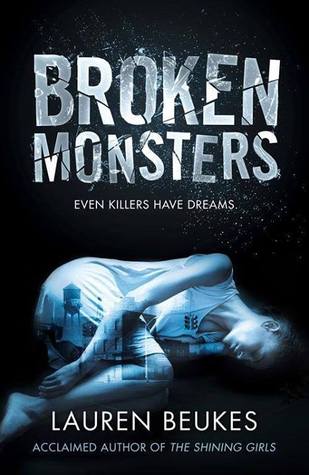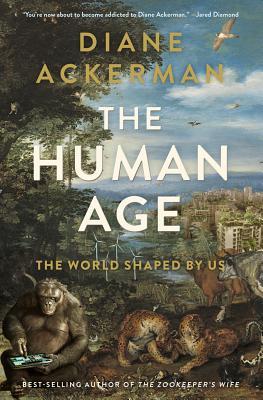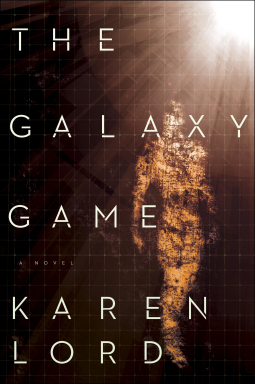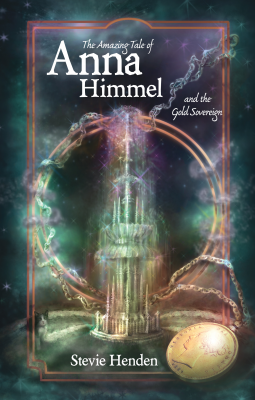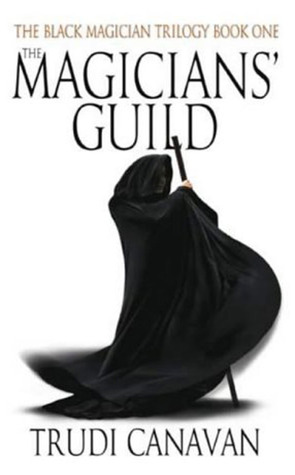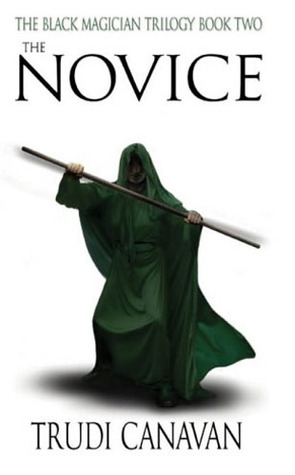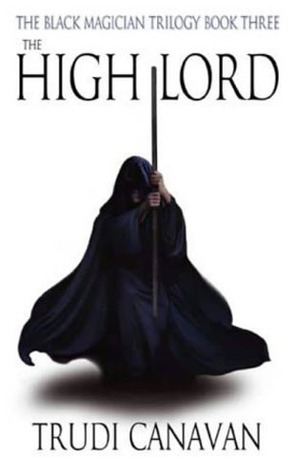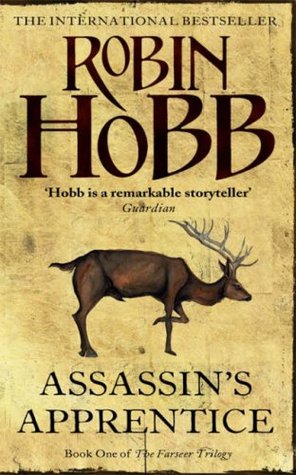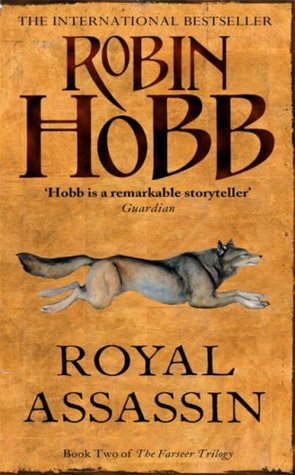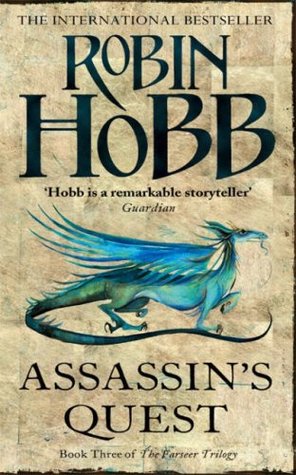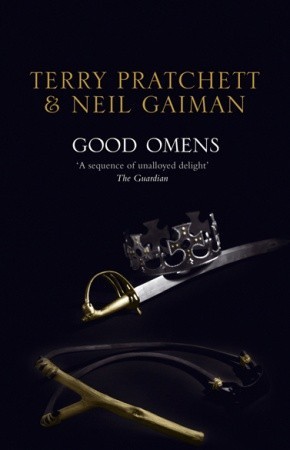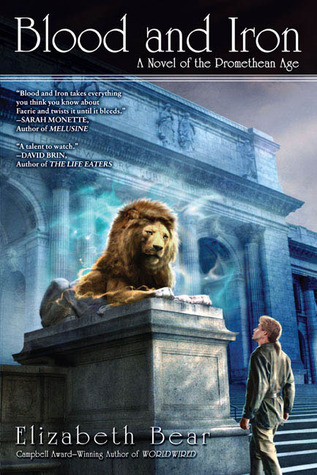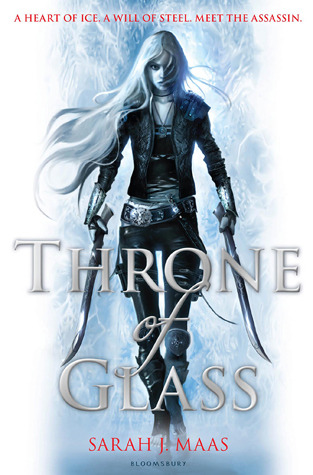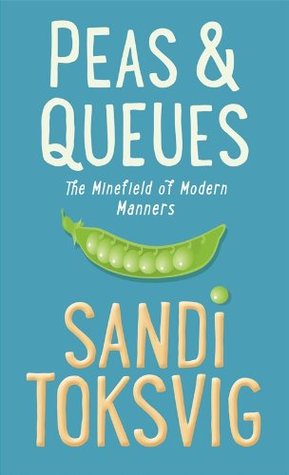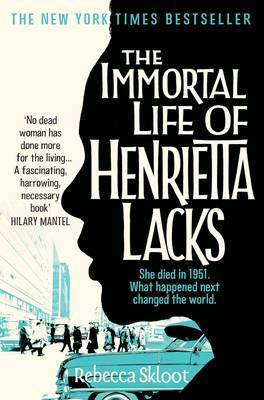I don’t know about any other Kobo owners, but I’ve reached the limits of my Mini’s tolerance. It’s had enough, it won’t download any more books, it won’t let me put any more on via Calibre, it is so done with me. That’s part of the problem of having a small, casual type of ereader: I never came to the end of the space on my 3G Kindle Keyboard.
Fortunately, the internet provides. It turns out that the storage on a Kobo — any kind of Kobo, I think, not just a Mini like mine — is a micro SD card. That SD card has the operating system on there as well, so it’s not as simple as pulling that one out and sticking a new 32GB SD card in. According to my extensive research (read: I googled), it’s pretty simple, though. So here goes.
First thing to do is get the stuff you actually need. All in all, excluding a false start with a converter that didn’t work, my Kobo upgrade cost me £15.
Ingredients:
-Kobo.
-Replacement micro SD card, with 8GB, 16GB, whatever you think you can use up.
-A set of small screwdrivers. (These are mine.)
-A converter that allows you to access a micro SD from your computer. (One that looks like an SD card is a better bet than a USB one; I got mine from Maplin.)
–Flash Drive Image Creator. (It’s free.)
–Flash Drive Image Writer. (Ditto.)
-Partition software like this. (Also free.)
Step One: Make sure your Kobo is completely powered off. For the Mini, you can achieve this by sliding the power button over and holding it until it tells you it’s powered off on the screen.
Step Two: Remove the decorative back of the Kobo. I’ve found it’s useful to get the corner up, and then slide something flat down the side, like a library card — that pops it out of all the catches without risking your nails or your patience.
Step Three: Carefully unscrew the inner back of the Kobo. There are six screws. You can just loosen them and gently pry the back off, or take them out and put them aside safely, whatever you prefer. The notches on the sides of the inner back are a good place to insert a flat screwdriver and just lever up, but be gentle.
Step Four: Take out the micro SD card you can see inside the device. You need to put that into your converter and load up the Flash Drive Image Creator software. Select your micro SD card as the device, pick a destination for the file (I named it “Kobo backup”, but it doesn’t matter at all), and click to proceed. It may take some time as it is literally copying everything on your original card: software, books, stats, wifi preferences, empty space…
Step Five: Set aside the original micro SD card. You don’t need it now. Take the new micro SD and put it into the converter, and load up Flash Drive Image Writer. Select this micro SD as the destination, find the image you created in the previous step using “browse”, and then press “write image”. Wait.
Step Six: You’ve now got the bigger SD card, but the Kobo won’t use that space without this step, so don’t miss it out. Load up the partition software. You should see your new micro SD as one of the drives listed there. Right click on the “Kobo ereader” segment and choose the option to expand the partition. Use up all the unallocated space by pulling the slider all the way to the right, but don’t touch the rest!
Step Seven: Remove your micro SD from the converter and replace it in the Kobo. Screw the back of the Kobo back on, taking care to press the inner back carefully back into place. This may require more pressure than you think is sensible. I actually achieved it by putting the decorative back on too and clipping that into place, which may take a bit more effort but seems a bit more robust.
Step Eight: Enjoy!
TIP: Older Kobo Minis seem to have come with a 4GB micro SD, even though they only used 2GB of it. It’s worth checking before you buy a new SD card whether that’s the case, because if it is, you can skip the Flash Drive Image steps and just use the partition wizard straight away, gaining yourself 3x the original space available for books.
TIP #2: If you have a Kobo Mini and you’re pretty attached to it, you may not want to risk it. The plastic clips holding the back on are pretty fragile, and Kobo Minis have been discontinued by Kobo. I’ve only obtained my spare through nefarious means! (Read: Asda had one remaining brand new unit left in the country, and I seem to have obtained it by pure luck, which seems pretty nefarious to me, as I’m not usually lucky.) The same basic information applies to upgrading a Kobo Glo’s memory, though the mechanics of getting at the SD card are slightly different.




